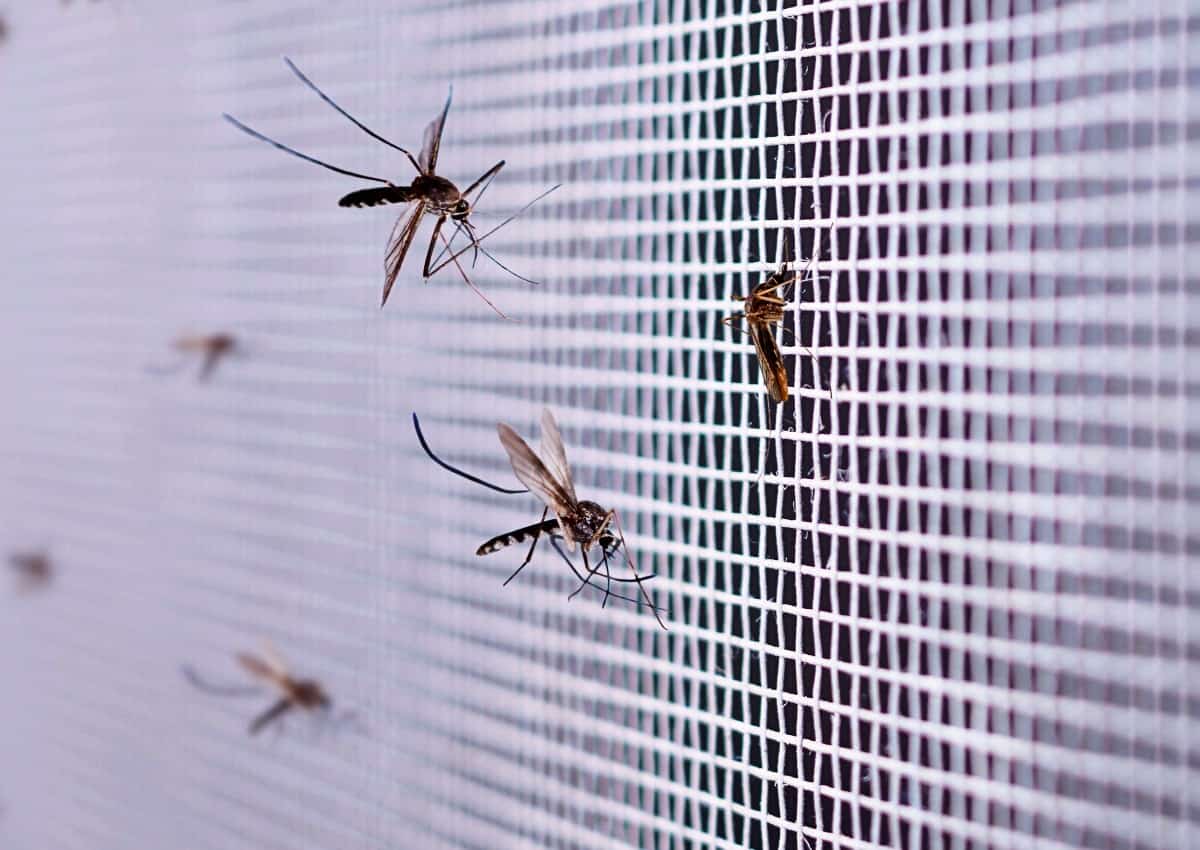Malaria is one of the most common infectious diseases in the world, with around 40% of humanity living in potentially contaminated areas. The potentially fatal disease is very hard to track and control due to its adaptability and ability to remain dormant within a host. Our best tools against it are early diagnosis and treatment. For this reason, we hold World Malaria Day with the aim of spreading awareness about Malaria and educating ourselves and others as much as possible.
What is Malaria?
Malaria is a disease caused by a parasite contracted through the bite of an infected female mosquito. It is important to remember that the disease or its pathogens cannot be transmitted from person to person. The process requires the presence of a female mosquito.
The mosquito will typically feed on more than one human, and even if not infected, should it feed on an infected person, it will then become infected and the next human it draws blood from will contract the parasite.
Symptoms of Infection
With the majority of deaths being the result of late or incorrect diagnoses, it is vital to know the symptoms of Malaria. The earlier the disease is detected, the earlier you can start treatment, and the more effective the treatment will be.
Symptoms include:
- severe headache
- chills and fever,
- nausea and vomiting
- fatigue,
- muscle and joint pain
- Possible yellowing of the skin (due to loss of red blood cells)
Preventative Measures
Although many areas have been declared Malaria free, it is always good to avoid mosquito bites. The best ways to do this are by covering up your body and using mosquito repellent sprays. However, should you be travelling to an area infected with the malaria parasite it is crucial to take precautions, such as:
- Preventative medication, consult with a doctor to receive some
- Always sleep under a treated bug net
- Keep your body well covered.
The history of World Malaria Day
The day of awareness was instituted by the World Health Organisation (WHO) Member States during the World Health Assembly of 2007. It is one of eleven events founded as part of a global public health campaign. The other ten world events part of the campaign are:
- Health Day
- Chagas Disease Day
- Blood Donor Day
- Antimicrobial Awareness Week
- Immunization Week
- TB Day
- No Tobacco Day
- Hepatitis Day
- Patient Safety Day
- AIDS Day
World Malaria Day 2022
The theme for 2022 World Malaria day is “Harness innovation to reduce the malaria disease burden and save lives.”
Although the world had started to see a decline in Malaria cases between 2000 and 2015, recent years have shown new spikes in infection rates.
“In 2020, there were an estimated 241 million new cases of malaria and 627 000 malaria-related deaths in 85 countries.”
World Health Organisation
The Covid-19 pandemic has been one of the most noteworthy setbacks. Apart from lockdowns and social distancing restrictions, many malaria cases have also been misdiagnosed and mistreated as Covid-19 due to their very similar, non-specific, early symptoms.
Now, possibly more than ever, the world needs to unite and fight this life-threatening virus. Working together we can achieve the 2030 targets of the WHO global malaria strategy.
South African Malaria Day
On the 6th of November every year South Africa holds its own national Malaria Day with the aim of creating awareness about the virus. Its goal is to minimise infections through education.
To read more about South Africa’s Malaria Day go to SADC Malaria Awareness Day: 6 November 2021
